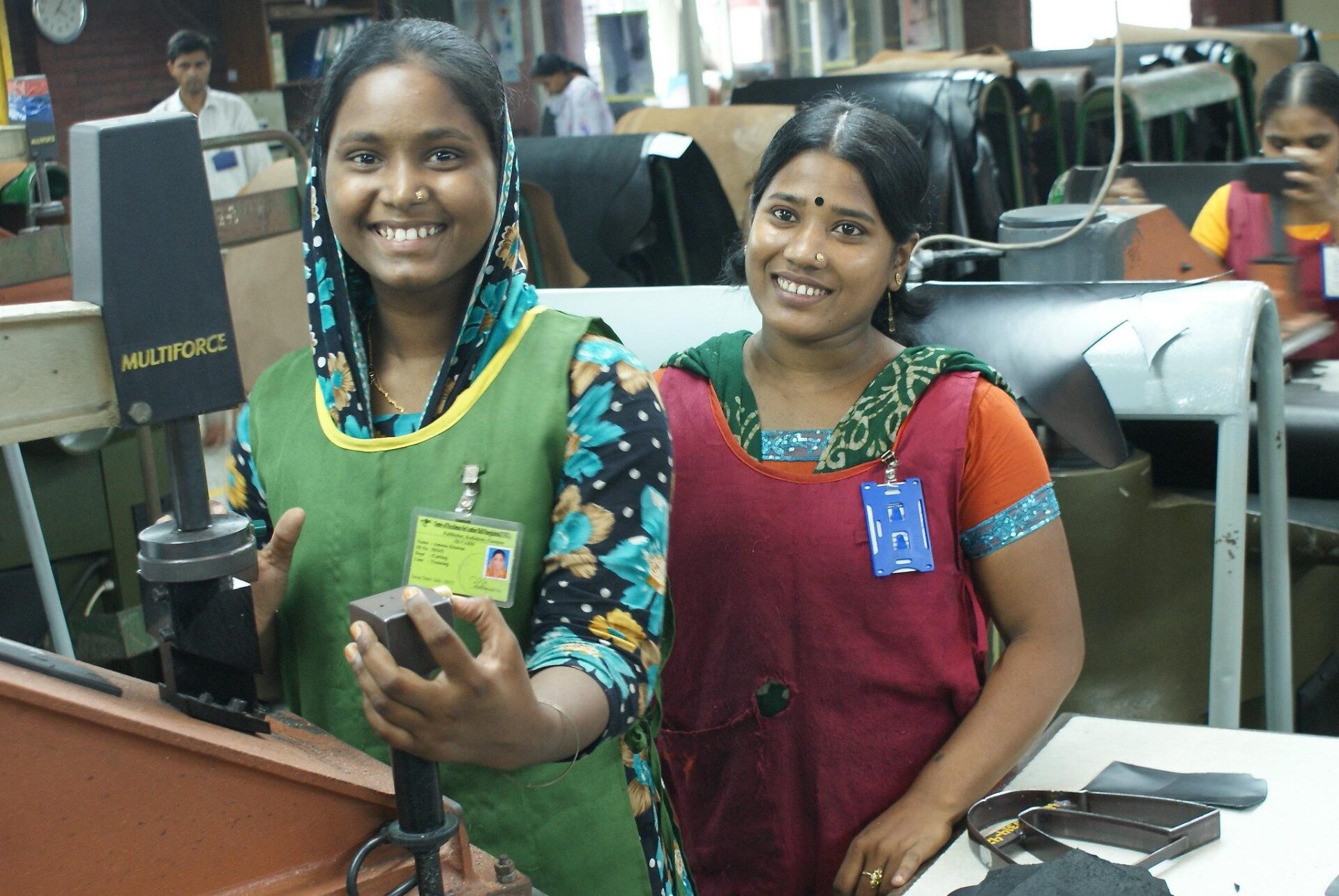Capturing Quality of Women’s Work: Going beyond FLFPR

The Sveriges Riksbank Prize in Economic Sciences in memory of Alfred Nobel, was awarded to Claudia Goldin, professor of economics at Harvard University, on October 9th 2023 for ‘having advanced our understanding of women’s labour market outcomes’. The recognition of Claudia Goldin’s work is expected to strengthen the discourse around gender inequalities in the Indian labour market too. Although Goldin’s work majorly focuses on high income economies, it holds important insights for the gender differences in labour market returns in India. Her work underscores the need for data collection and evidence generation on identity-based differences in labour market outcomes and critiques identity-insensitive policy-making. Using PLFS 2021-22 data, this blog explores the nature and quality of work that women in India are engaged in and how it is influenced by demographic and socio-economic factors.
In India, along with the low female workforce participation rate at 25% (PLFS 2021-22), another major concern is women’s engagement in job opportunities of poor quality in terms of wages and other benefits. A striking feature of the Indian labour market is the overwhelming presence of women engaged as unpaid family workers. According to Periodic Labour Force Survey 2021-22, 37% (all India) of total employed women are working as unpaid family workers and this percentage rises up to 43% in case of rural women. Unpaid family workers are those who are working without any pay or profit in a family operated farm or a business owned by any household member with whom the person is related by kinship/marriage/adoption etc. The unpaid family workers are considered to be part of the labour force and their contribution gets counted in national income, but their work doesn’t get remunerated and the profit belongs to the owner of the family business. The worker engages and contributes to the business considering it a part of household responsibility/obligation. Thus, in spite of being a part of the workforce, this form of engagement isn’t expected to lead to financial empowerment due to the absence of remuneration unlike the mainstream labour market activities. This non-monetized nature of the activities of unpaid family workers leads to lack of recognition of women’s work and women’s agency and often leads to underreporting of women’s work. Thus, understanding the factors influencing women’s decision to work as unpaid workers in family businesses and hindering them from entering paid work opportunities is imperative to enable informed policy-making for ensuring remunerative engagement of these women.
Women’s engagement as unpaid family workers is concentrated in agriculture and related activities, as 89% of them are in these farm-related activities. However, women’s participation as unpaid family workers differs by demographic variables like age-group, education level, skill training, care responsibilities and also characteristics of the households. The share of working women engaged as unpaid family helpers is much higher at 47% among those aged between 15-25 years, as compared to 34-38% among the older age-cohorts. This reflects that social norms are more restrictive for younger women when it comes to working outside the family. The education level also influences women’s working status. The share of working women engaged in unpaid family business is highest at 42% among those who are illiterate. Although, the share goes down with rise in education level, a share as high as 37% of working women with middle to higher-secondary level of education and 13% of working women with as highly qualified as graduates, post-graduates and above, are engaged as unpaid helpers in family businesses. This fact points towards the lack of paid job opportunities for those with mid to high-levels of education, along with constraining social norms. The PLFS data however indicates that those who received formal vocational training are less likely to work as unpaid family workers and tend to engage in remunerative engagements. This is indicated by the share of working women with formal vocational training engaged as unpaid family workers which is 10%, much lower than others.
Along with these characteristics, women’s care responsibilities also influence their decision to work inside or outside their homes. The PLFS 2021-22 shows that the share of working women engaged in family businesses as unpaid helpers is 45% for those with children aged below 5 years, whereas the share is much lower at 34% for others. Additionally, as the household’s income rises, the likelihood of women being engaged as unpaid helpers in family businesses declines. According to the PLFS 2021-22, the share of working women engaged as unpaid family workers is 44% in the lowest income class and the share declines to 26% for those women belonging to the uppermost income class. This is evidently due to the inability of poorer households to hire paid workers from outside and instead have to engage household members in their family businesses.
As the factors leading to women’s engagement in these non-remunerative activities are many, including restrictive social norms, lack of job opportunities, lack of skills, care responsibilities etc, a multifaceted approach is needed to shift these women to remunerative opportunities. As the data indicate that vocational training is effective to ensure women’s remunerative engagements, raising awareness among women about these programmes, strengthening the existing programmes for higher outreach, skill training of women for the emerging non-traditional sectors, would be impactful policy measures. The availability of job opportunities for highly skilled and qualified women in the non-farm sector would also encourage women to take up these remunerative opportunities instead of working as unpaid family workers. Thus, creation of good quality job opportunities in the secondary and tertiary sectors and women-friendly work environment would be needed to address these concerns. As childcare responsibilities often act as a constraint for women to work outside their homes, state provisioning of childcare facilities would free up women’s time for commitments beyond the domestic sphere. Above all, making women aware of the implications of economic empowerment for their agency is of utmost importance for encouraging them to taking up remunerative engagements.
The blog is authored by Dr. Bidisha Mondal, Research Fellow, IWWAGE
- Posted In:
- Latest Blogs






















































Leave a Reply